Intro
Discover Hydrocodone Acetaminophen side effects, including addiction, drowsiness, and liver damage. Learn about overdose risks, interactions, and withdrawal symptoms.
Hydrocodone acetaminophen is a combination medication used to relieve moderate to severe pain. It is a widely prescribed medication, but like all medications, it can cause side effects. Some people may experience mild side effects, while others may experience more severe ones. It is essential to understand the potential side effects of hydrocodone acetaminophen to ensure safe and effective use.
The importance of understanding the side effects of hydrocodone acetaminophen cannot be overstated. This medication is a powerful opioid, and its misuse can lead to addiction, overdose, and even death. Furthermore, the acetaminophen component can cause liver damage if taken in excess. Therefore, it is crucial to be aware of the potential side effects and take steps to minimize the risks.
Hydrocodone acetaminophen is a commonly used medication for pain management. It is available in various formulations, including tablets, capsules, and liquid solutions. The medication works by combining the opioid hydrocodone with the non-opioid pain reliever acetaminophen. Hydrocodone works by binding to opioid receptors in the brain and spinal cord, reducing the perception of pain. Acetaminophen, on the other hand, works by blocking the production of prostaglandins, which are chemicals that cause pain and inflammation.
Common Side Effects of Hydrocodone Acetaminophen
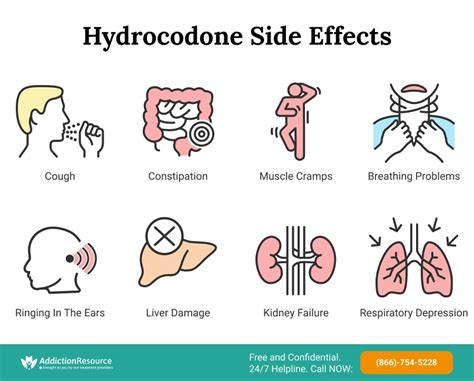
The common side effects of hydrocodone acetaminophen include drowsiness, dizziness, nausea, vomiting, constipation, and headache. These side effects are usually mild and temporary, but they can be uncomfortable and affect daily activities. In some cases, the side effects can be severe and require medical attention.
Less Common Side Effects
Some people may experience less common side effects, such as dry mouth, sweating, flushing, and itching. These side effects are usually not serious, but they can be bothersome and affect the quality of life.Severe Side Effects of Hydrocodone Acetaminophen
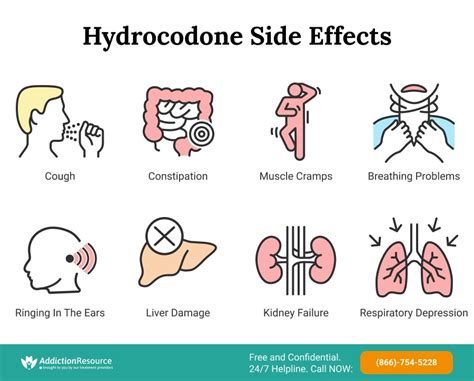
The severe side effects of hydrocodone acetaminophen include respiratory depression, which can be life-threatening. Other severe side effects include liver damage, allergic reactions, and addiction. These side effects require immediate medical attention and can be fatal if left untreated.
Factors that Increase the Risk of Side Effects
Certain factors can increase the risk of side effects from hydrocodone acetaminophen. These factors include age, medical conditions, and interactions with other medications. Older adults, for example, may be more susceptible to the side effects of hydrocodone acetaminophen due to decreased liver and kidney function. People with certain medical conditions, such as liver or kidney disease, may also be at increased risk of side effects.Minimizing the Risks of Side Effects

To minimize the risks of side effects from hydrocodone acetaminophen, it is essential to follow the prescribed dosage and instructions. People should also be aware of the potential interactions with other medications and inform their healthcare provider about all medications they are taking. Additionally, people should not drink alcohol or take other medications that can increase the risk of side effects.
Benefits of Hydrocodone Acetaminophen
Despite the potential side effects, hydrocodone acetaminophen can be an effective medication for pain management. The benefits of hydrocodone acetaminophen include rapid pain relief, improved sleep, and increased mobility. When used as directed, hydrocodone acetaminophen can be a safe and effective medication for people with moderate to severe pain.Working Mechanism of Hydrocodone Acetaminophen
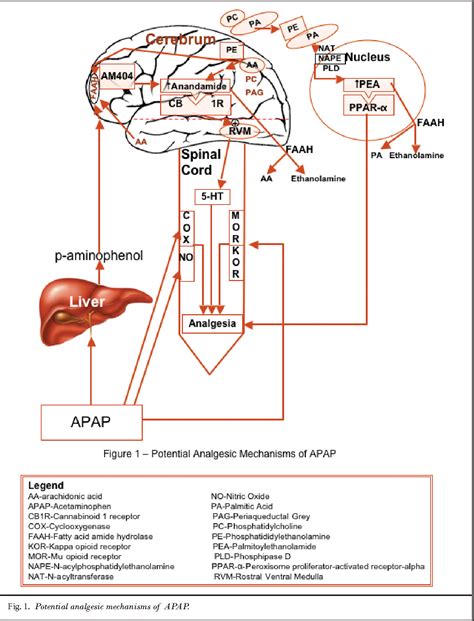
The working mechanism of hydrocodone acetaminophen involves the combination of hydrocodone and acetaminophen. Hydrocodone binds to opioid receptors in the brain and spinal cord, reducing the perception of pain. Acetaminophen, on the other hand, blocks the production of prostaglandins, which are chemicals that cause pain and inflammation. The combination of these two medications provides rapid and effective pain relief.
Steps to Take in Case of Side Effects
If people experience side effects from hydrocodone acetaminophen, they should seek medical attention immediately. The steps to take in case of side effects include stopping the medication, contacting a healthcare provider, and seeking emergency medical attention if necessary. People should also inform their healthcare provider about all medications they are taking and any medical conditions they have.Precautions and Warnings
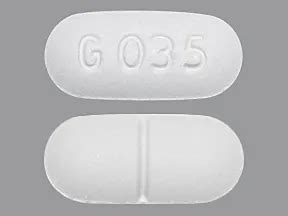
The precautions and warnings for hydrocodone acetaminophen include the risk of addiction, overdose, and liver damage. People should be aware of these risks and take steps to minimize them. Additionally, people should not drink alcohol or take other medications that can increase the risk of side effects.
Interactions with Other Medications
Hydrocodone acetaminophen can interact with other medications, including antidepressants, antihistamines, and blood thinners. These interactions can increase the risk of side effects and reduce the effectiveness of the medication. People should inform their healthcare provider about all medications they are taking and any medical conditions they have.Statistical Data on Hydrocodone Acetaminophen
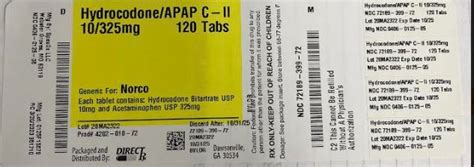
The statistical data on hydrocodone acetaminophen shows that it is a widely used medication for pain management. According to the Centers for Disease Control and Prevention (CDC), hydrocodone acetaminophen is one of the most commonly prescribed medications in the United States. However, the CDC also reports that the misuse of hydrocodone acetaminophen can lead to addiction, overdose, and death.
Practical Examples of Safe Use
To use hydrocodone acetaminophen safely, people should follow the prescribed dosage and instructions. They should also be aware of the potential interactions with other medications and inform their healthcare provider about all medications they are taking. Additionally, people should not drink alcohol or take other medications that can increase the risk of side effects.Conclusion and Final Thoughts

In conclusion, hydrocodone acetaminophen is a widely used medication for pain management. While it can be effective, it can also cause side effects, including addiction, overdose, and liver damage. To minimize the risks of side effects, people should follow the prescribed dosage and instructions, be aware of the potential interactions with other medications, and inform their healthcare provider about all medications they are taking.
We invite you to share your thoughts and experiences with hydrocodone acetaminophen in the comments section below. Your feedback is valuable to us, and we appreciate your input. If you have any questions or concerns, please do not hesitate to reach out to us.
What is hydrocodone acetaminophen used for?
+Hydrocodone acetaminophen is used to relieve moderate to severe pain.
What are the common side effects of hydrocodone acetaminophen?
+The common side effects of hydrocodone acetaminophen include drowsiness, dizziness, nausea, vomiting, constipation, and headache.
Can hydrocodone acetaminophen cause addiction?
+Yes, hydrocodone acetaminophen can cause addiction, especially if taken in excess or for an extended period.
How can I minimize the risks of side effects from hydrocodone acetaminophen?
+To minimize the risks of side effects, follow the prescribed dosage and instructions, be aware of the potential interactions with other medications, and inform your healthcare provider about all medications you are taking.
Can I take hydrocodone acetaminophen with other medications?
+It is essential to inform your healthcare provider about all medications you are taking, as hydrocodone acetaminophen can interact with other medications and increase the risk of side effects.
